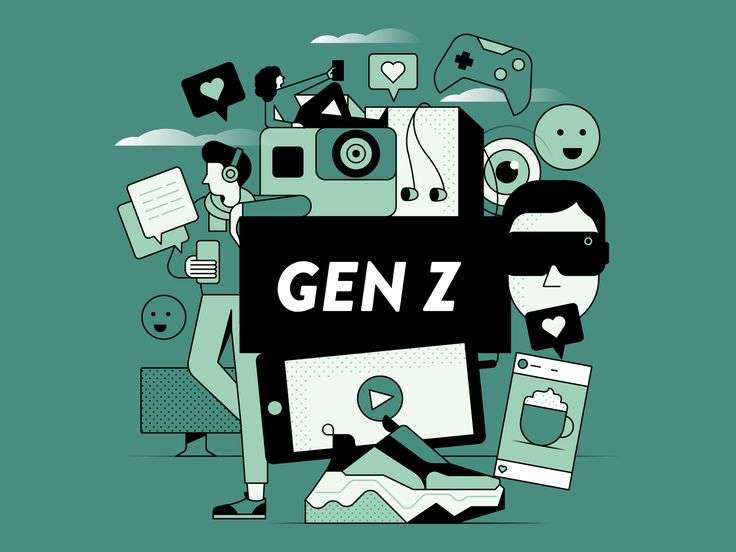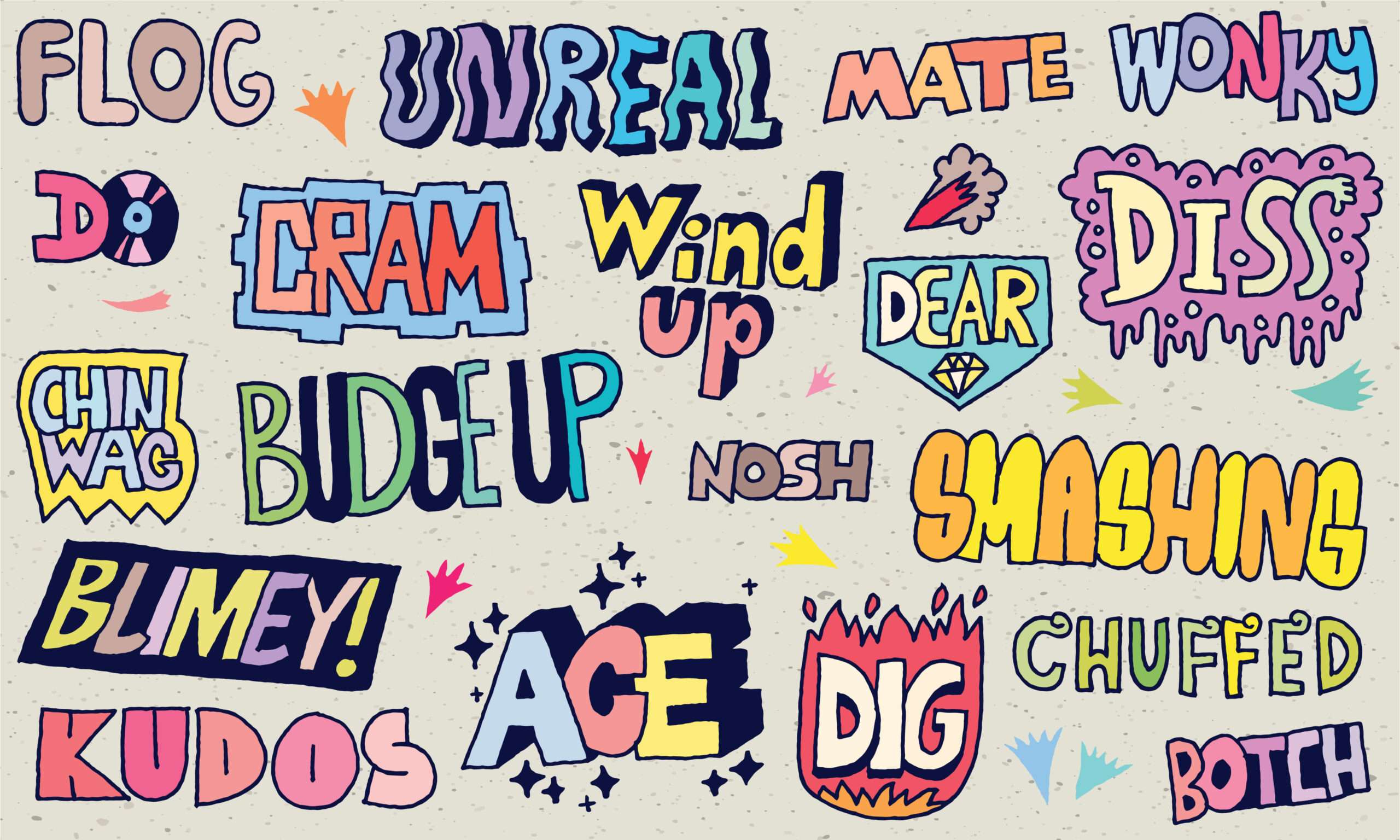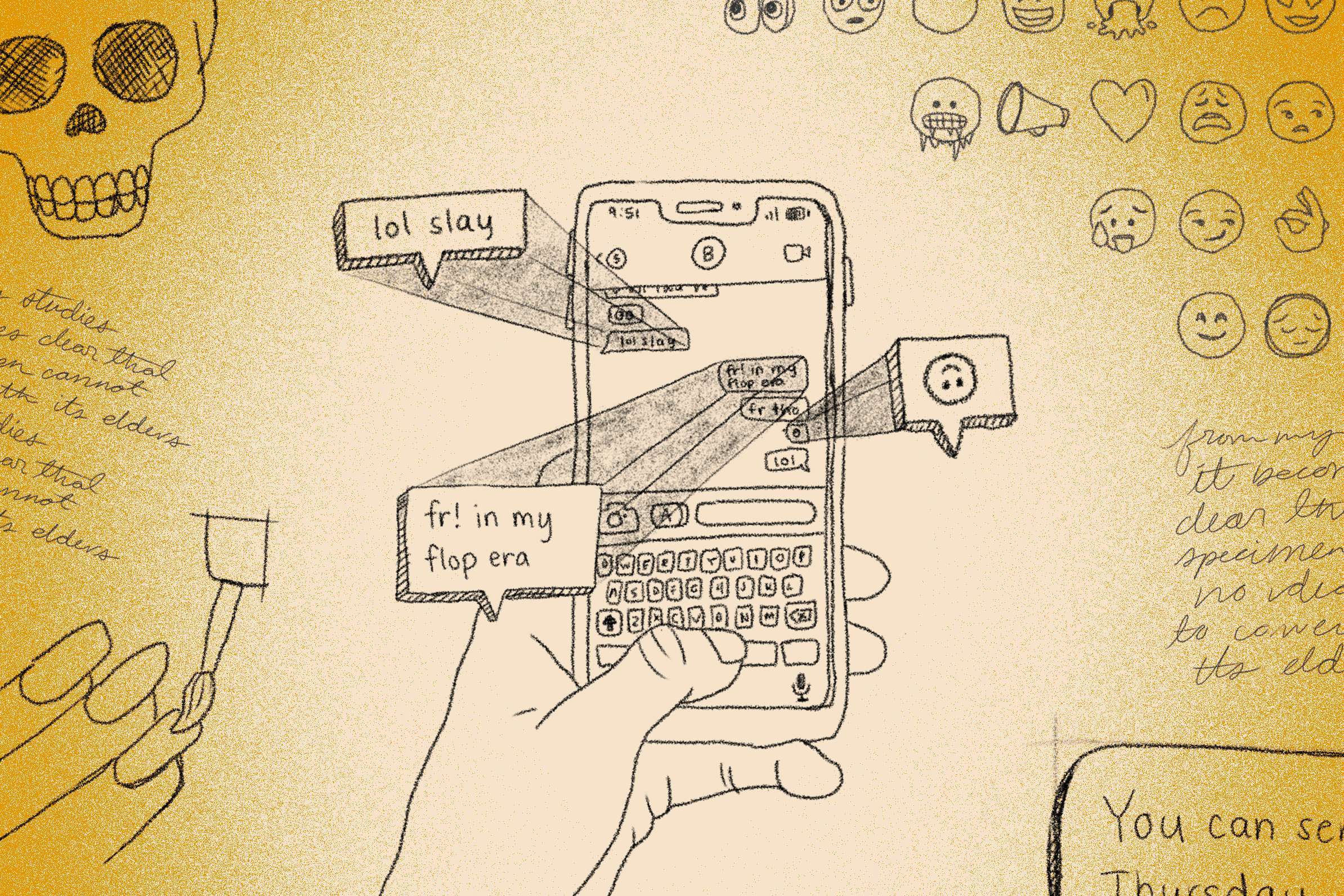
In this blog post, we will examine the concept of slang as language. As the previous generation is inclined to view the evolution of language as unfavourable & unheard-of. As individuals age, they may overlook the fact that the emergence of new slang terms is a recurring aspect of every generation.
 What Defines Gen Z?!
What Defines Gen Z?!
Gen Z, also known as the “iGen” or “Zoomer” generation, is generally defined as the cohort of individuals born between 1997 and 2012. They are the generation that follows Millennials and precedes Generation Alpha. Gen Z is considered to be the first generation to grow up with internet access and digital technology as an integral part of their lives. They are also known for being diverse, globally aware, socially conscious, and entrepreneurial. As they begin to enter adulthood and the workforce, their influence on culture, technology, and society is expected to continue to grow.
Gen Z’s Slang
Gen Z’s slang is unique and reflects their values, beliefs, and experiences. Some of the most popular slang terms used by Gen Z include:
- Lit – used to describe something that is exciting or fun.
- Yeet – used to express excitement or enthusiasm.
- Finsta – a shortened version of “fake Instagram,” used to describe a secondary Instagram account that is used to share more personal content.
- Clout – used to describe social influence or popularity.
- Snatched – used to describe something that looks really good or fits perfectly.
- Gucci – used to describe something that is good or cool.
These slang terms have gained popularity on social media platforms like Instagram, TikTok, and Twitter. They are often used in captions, comments, and hashtags, and have become part of Gen Z’s online culture.
Slang as Language
Slang is often viewed as inferior or improper language, but it can be argued that slang is a legitimate form of communication. It has its own set of rules and grammar, and it can be used to convey complex ideas and emotions. It can also be used to express solidarity or to create a sense of belonging within a group.
Indeed, language has always played a vital role in human endeavors. Initially, there was a time when no words existed at all, but as humans evolved and developed, so did language. Words were created to assist in fabricating tools, and as technology and culture continued to evolve, new words were necessary to describe the changing world. It is natural, then, for each new generation to invent new words and linguistic expressions to articulate their unique experiences and perspectives. As such, language remains a dynamic and constantly evolving means of human communication.
Few Examples of Slang as Language over Generations!
In reality, it is highly likely that slang has existed in every generation throughout history. Here are a few simple examples:
- In the 1920s, “Elephant Ears” was a slang term used to refer to the police.
- In the 1930s, “Bumping Gums” was a slang expression for having a conversation that lacked substance.
- In the 1940s, “Glitterati” was a term used to describe wealthy or famous individuals.
These examples illustrate how slang is a natural and recurring feature of language. How it is constantly evolving to reflect the culture, values, and experiences of each new generation.
Conclusion
Gen Z’s slang as language is a cultural phenomenon that reflects their identity, values, and experiences. Slang is a legitimate form of communication that has its own rules and grammar. It can be used to convey complex ideas and emotions. Slang can also have a significant impact on language and culture, and its popularity can reflect social and cultural changes.
As language continues to evolve, it is important to recognize the significance of slang and its role in shaping our communication and culture.

 What Defines Gen Z?!
What Defines Gen Z?!
